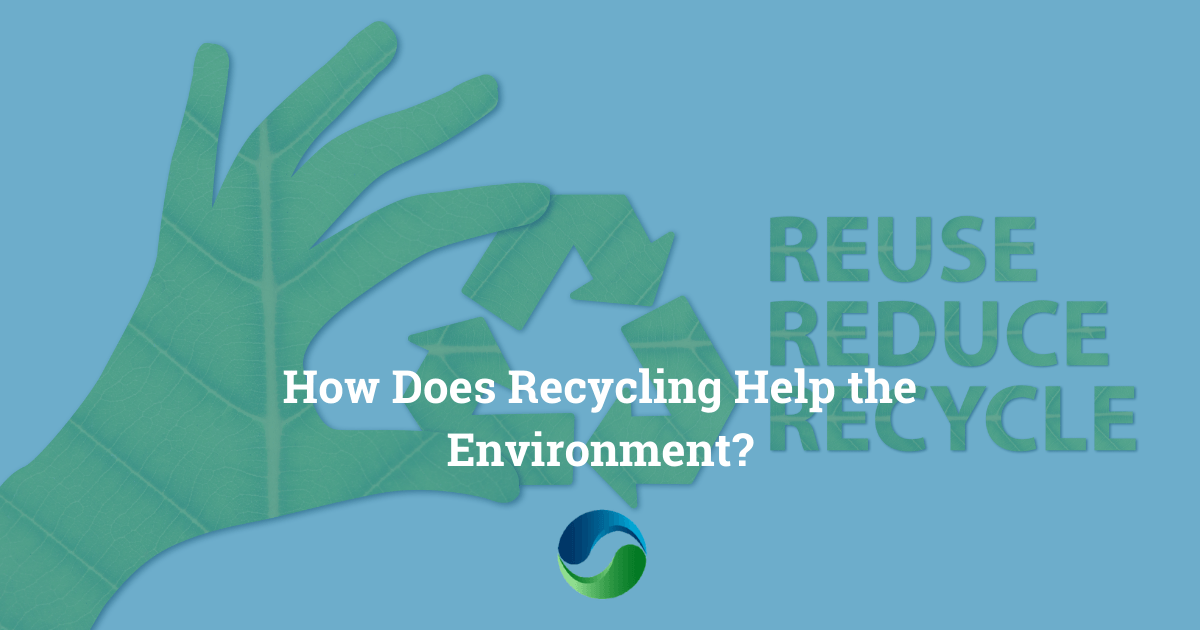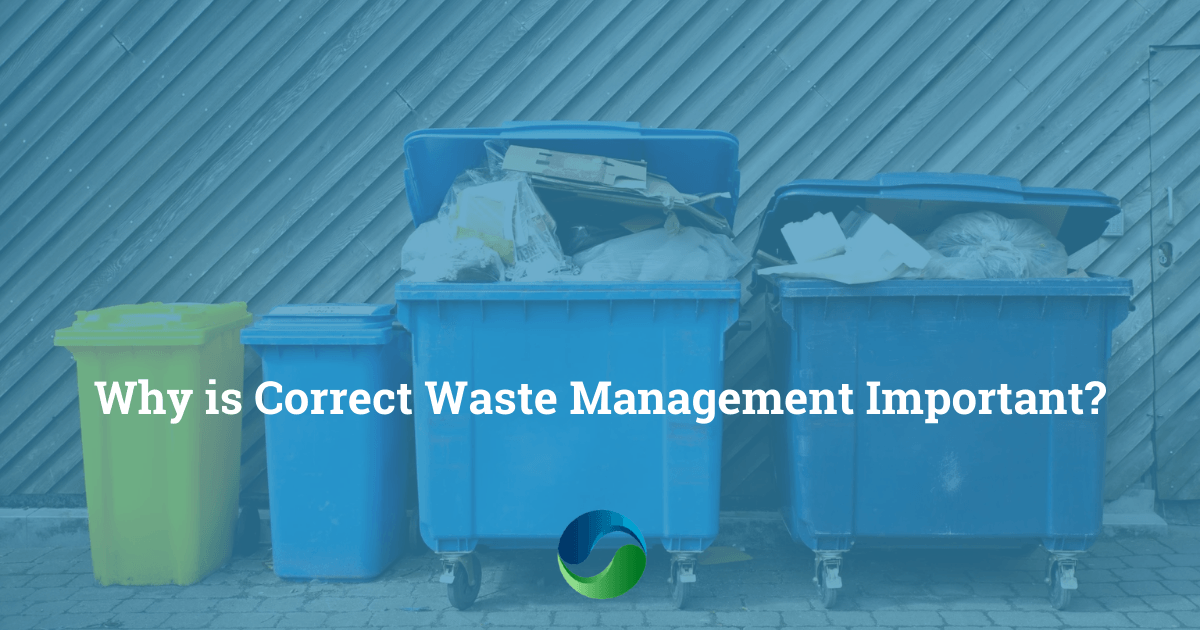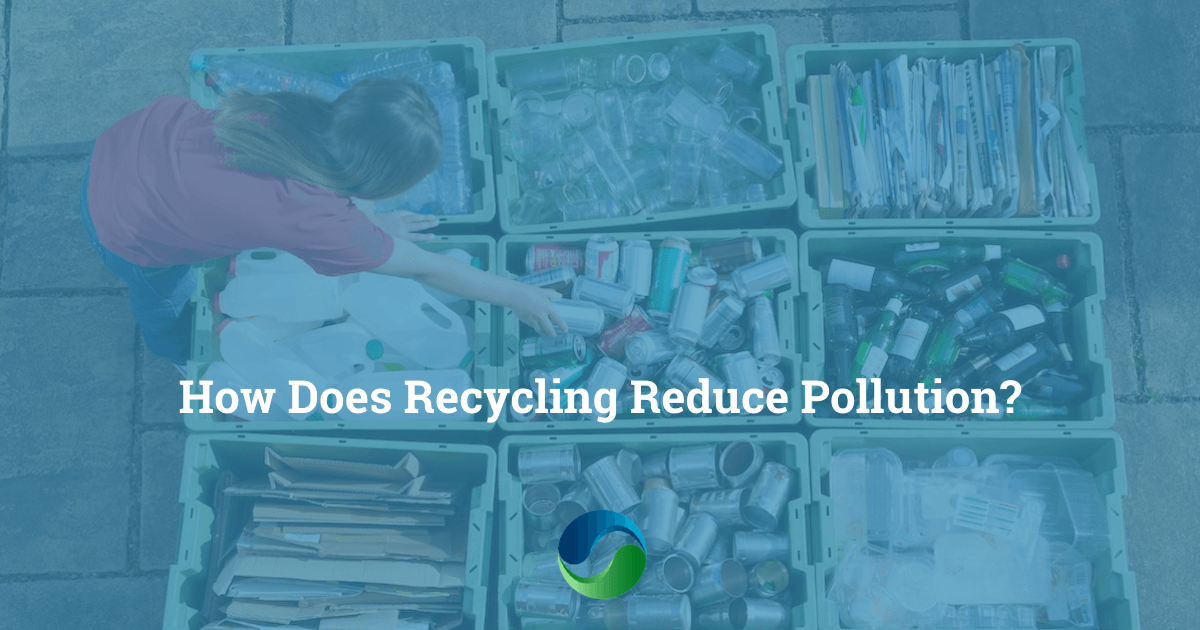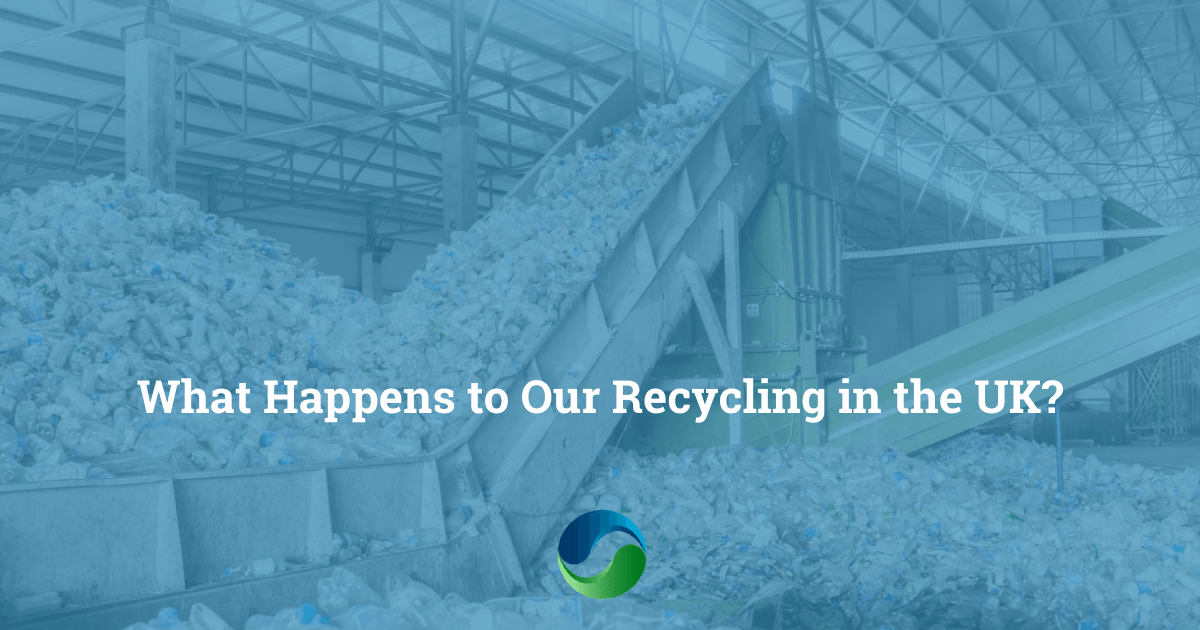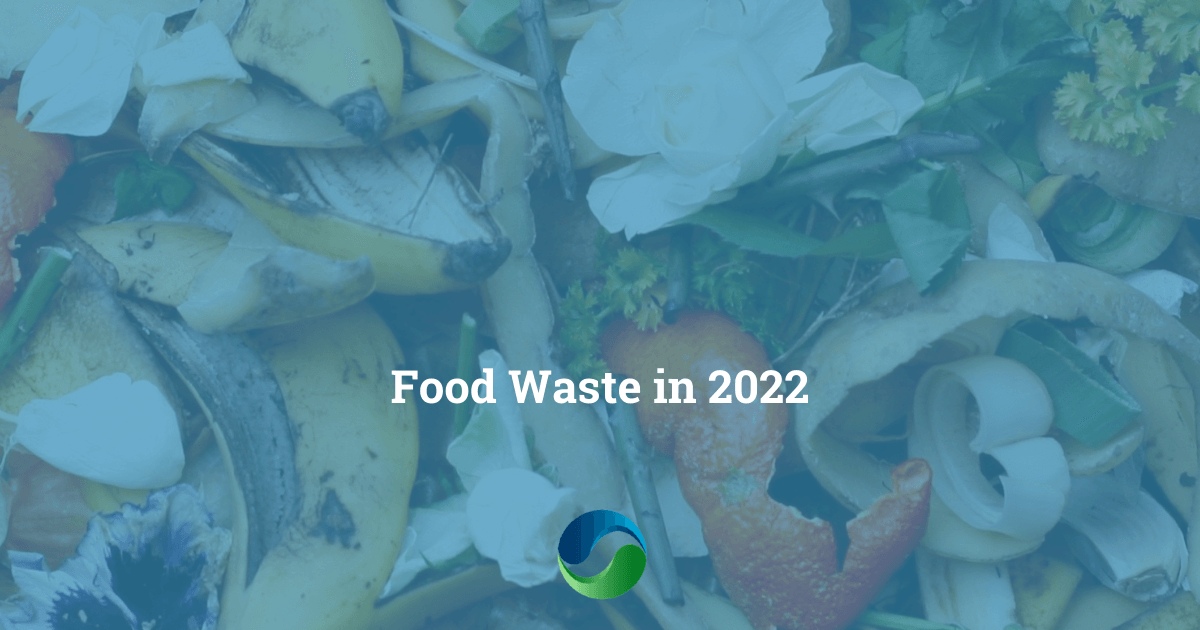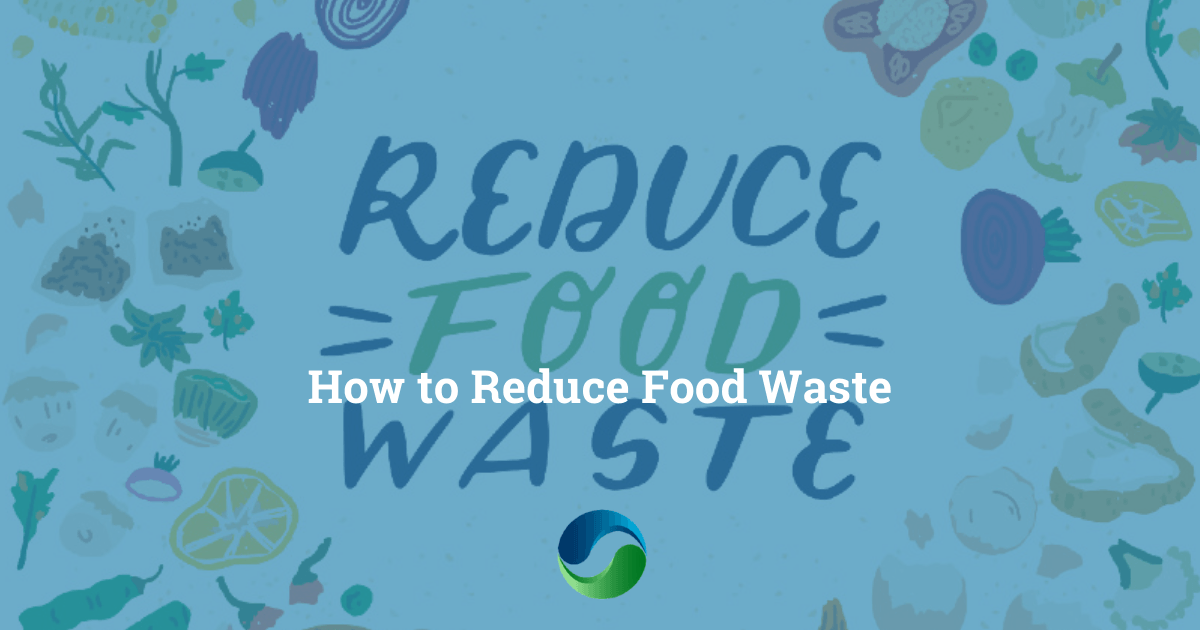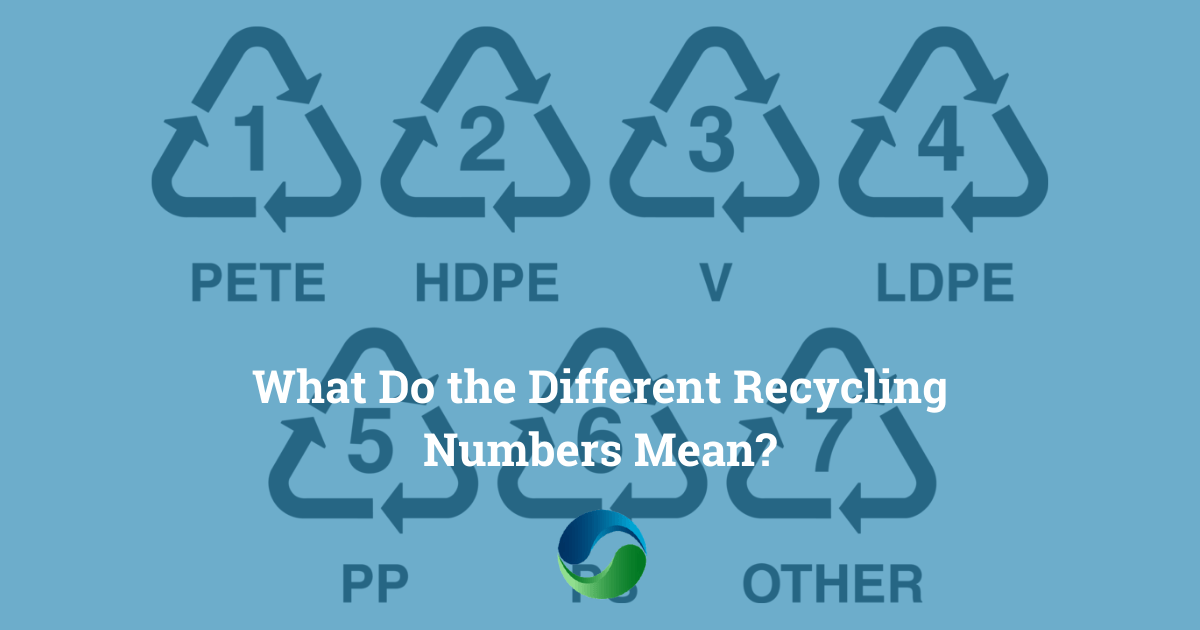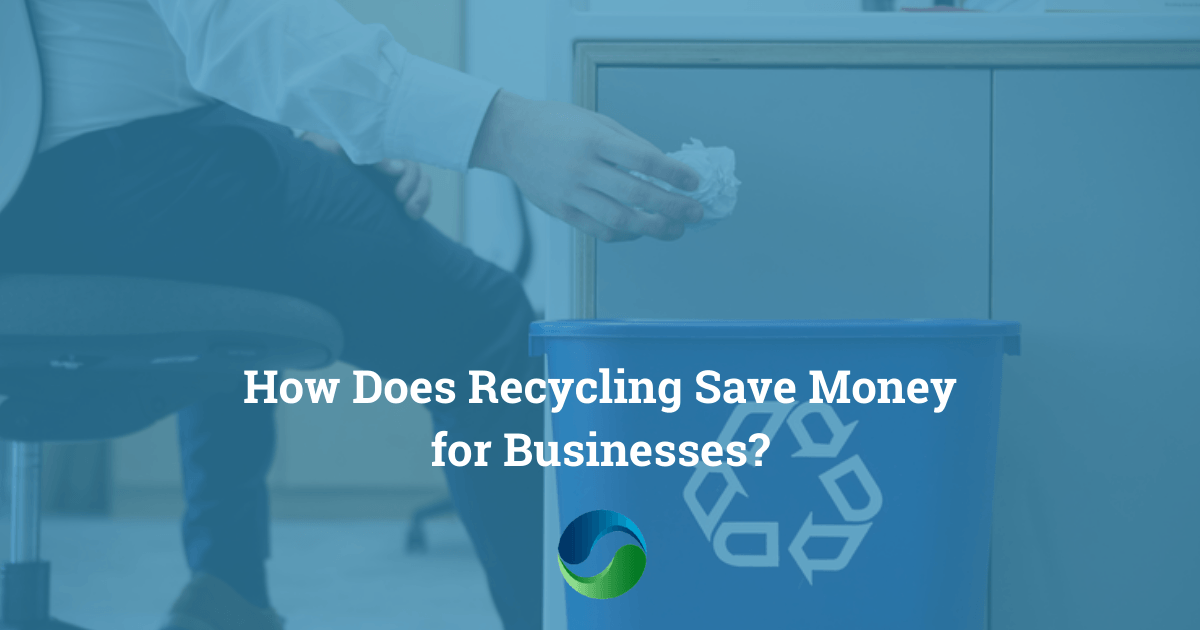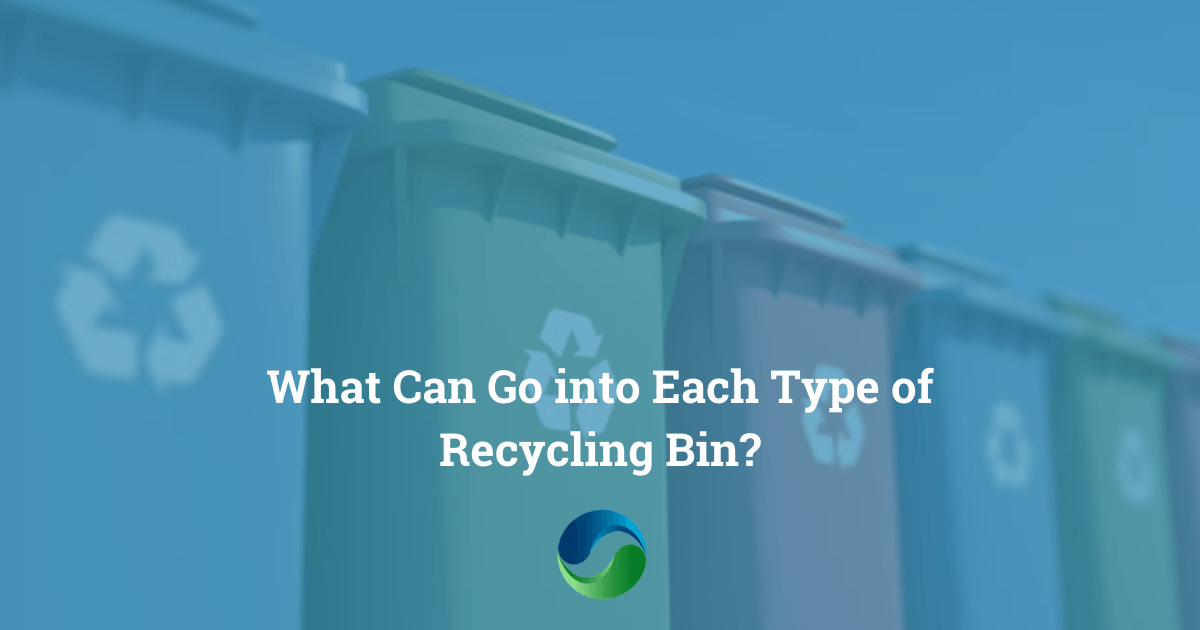
With climate change and global warming becoming more and more of a reality every year, the need for individuals and companies to take action is becoming increasingly necessary. One of the actions that we can take to reduce our negative impact on the environment is to recycle.
The UK Government understands the importance of recycling and has set targets to recycle 65% of municipal waste by 2035. We should all aim to reduce our impact on the environment, so within this blog, we'll outline some of the main benefits that recycling has on our planet.
Conserving Natural Resources
All of our natural resources are finite, and some are becoming increasingly scarce. Recycling has different benefits depending on the type of material that is being recycled such as:
Paper and Wood
Recycling paper and wood helps decrease the rate of deforestation. It is true that we can plant more trees, however, the rate at which we are felling trees is far outweighing the amount that we are planting. Every year, over ten billion more trees are cut down than are planted. This is a detrimental contributor to the C02 emissions that are worsening our climate crisis.
Plastic
Many plastics are made from fossil fuel hydrocarbons, and obviously fossil fuels are a finite resource, therefore if we recycle plastic; it means not having to use an already scarce material.
Metal
There is no mining of metal ore required when recycling metals, which means that there is less of an impact on the environment from extracting and processing these virgin materials.
Glass
Recycling glass reduces the need to use new sand, which is the main ingredient in the production of glass, which is beneficial as the amount of some types of sand is starting to decrease around the world.
Conservation of Wildlife
Recycling lowers the need to produce, harvest, or extract new materials and therefore reduces the harmful impact on the natural environment: fewer forests are cut down, rivers diverted, wild animals disturbed or relocated, and less water, soil and air pollution.
Also, if our plastic waste isn't appropriately recycled, it can be blown or washed into rivers and seas all the way across the world, polluting coastlines and waterways and becoming a problem for everyone.
Decreases the Impact on Vulnerable Communities
The increasing demand for new goods and services has resulted in an increase in the number of the world's poorest and most vulnerable people (such as those living near forests or river systems) being pushed from their homes or otherwise exploited. Forest communities can be evicted because of the search for cheap wood, and rivers can be contaminated by manufacturing waste.
Recycling existing goods is far more preferable to destroying someone else's community or property in the hunt for new raw materials.
Saves Energy
Recycled materials need less energy to manufacture than raw materials. In some cases the difference in energy needed is huge. For example:
- It takes far less energy to produce recycled aluminium products, than to produce aluminium goods from raw materials. For example, producing recycled cans and foil uses 95% less energy than making it from new. And for steel, it is about a 70% saving on energy.
- 40% less energy is required to make paper from pulped recycled paper than from virgin wood fibres.
Reduces Carbon Emissions
As previously mentioned, recycling materials uses less energy than sourcing new raw materials. Because of this, it produces lower carbon emissions and prevents potentially methane-releasing waste out of landfill sites.
Carbon dioxide and other greenhouse gases should be reduced to help prevent the devastating effect of global warming.
As you can see, the benefits of recycling are plenty. It is, as individuals or companies, our duty to take action and reduce the impact that our consumption and activities have on the environment.


Office Details:
Materials Recovery
Technology Centre
Wolverhampton Science Park
Glaisher Drive
Wolverhampton, West Midlands
WV10 9RU
All Rights Reserved | Materials Recovery | Website Maintained by SpikeDM

